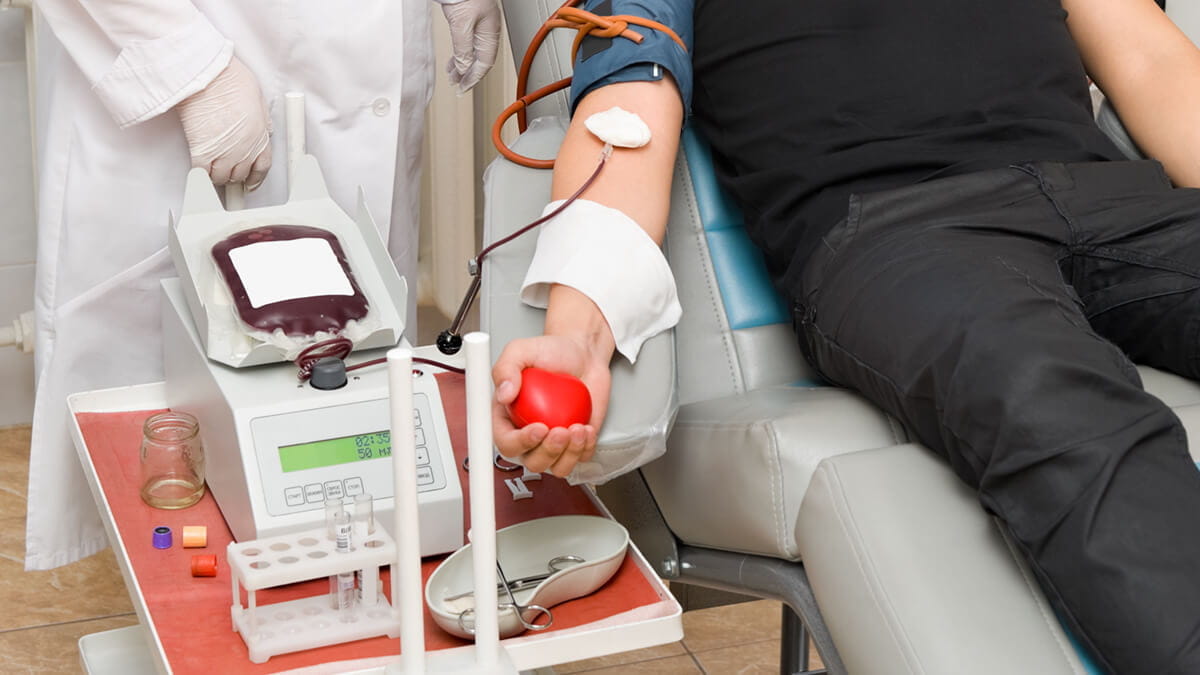According to the American Red Cross, someone in the U.S. is in need of blood every 2 seconds. Meeting that need requires that more than 41,000 people per day seek volunteer opportunities to donate blood. But while an estimated 38% of the U.S. population is eligible to donate, less than 10% actually do.*
To combat the issue, a number of public health programs are aimed at helping ensure the national blood supply is safe and plentiful. The American Red Cross leads the way, providing about 40% of the nation’s blood supply. They also act as a source of health education information on the subject of blood donation and share a number of encouraging facts for would-be donors.
10 Things You Might Not Know About Donating Blood*
-
One donation can save up to three lives.
-
The average adult has 10 pints of blood. Roughly 1 pint is given during a donation.
-
A single car accident can require as many as 100 pints of blood.
-
Only 9% of people in the U.S. have the universal blood type O-negative, which is needed in emergencies when responders must act before a patients’ blood can be typed.
-
Donors can give whole blood, or opt to use a process called apheresis to donate specific blood components such as red cells, plasma, or platelets.
-
Donated platelets must be used within 5 days of collection, so new donations are constantly needed.
-
The body will replenish the elements given during a blood donation in times ranging from a few hours to a couple of weeks.
-
All donated blood is tested for HIV, hepatitis B and C, syphilis, and other infectious diseases before it can be released to hospitals.
-
If you donated blood every 56 days from the time you were 17 years old until you reached the age of 76, you would have donated 48 gallons of blood, potentially helping save more than 1,000 lives.
-
Blood donation as a volunteer opportunity is a simple four-step process: registration, medical history/mini-physical, donation, and refreshments. The entire process takes approximately 10–12 minutes.
Every January, National Blood Donor Month recognizes blood donors for the gift of life they provide through their donation. Now that you know some of the important facts surrounding blood donation, make it a point to be one of the generous volunteers who take the opportunity to contribute to public health.
If the fields of health education or public health are of interest to you, an online health degree could be the path to reaching your professional goals. Walden University, an accredited institution offering online health degree programs, can help you earn your degree in a convenient online format that fits your busy life.
*American Red Cross, Blood Facts and Statistics, on the Internet at www.redcrossblood.org/learn-about-blood/blood-facts-and-statistics.
Walden University is accredited by The Higher Learning Commission, www.hlcommission.org.




